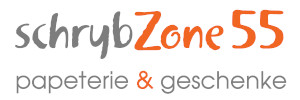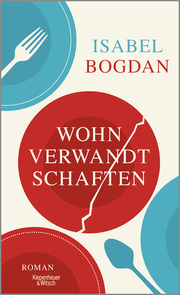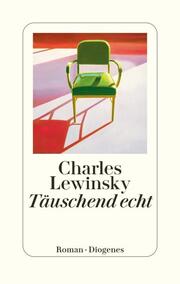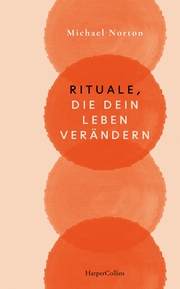Beschreibung
explores the nature of cognitive capitalism, the emerging mode of social production for public education and science and its promise for the democratization of knowledge.
Autorenportrait
Michael A. Peters is Professor of Education at Waikato University (New Zealand) and Emeritus Professor at the University of Illinois (Urbana-Champaign). He is Executive Editor of
and
, and is a Fellow of the Royal Society (New Zealand). His most recent books include
(2012) and
(2012).
Rezension
«In ‘Education, Science and Knowledge Capitalism: Creativity and the Promise of Openness’, Michael A. Peters provides us with unequalled insight into the trends of our time, and persuades us of our potential to design the future. His materials, it seems, are the whole of nineteenth- and twentieth-century thought, reworked in novel and constructive ways, and with his characteristic directness and clarity. This is one of the very best of Peters’ fecund works. Highly recommended.» (Simon Marginson, Professor of Higher Education, University of Melbourne)
«Science is the powerhouse of modern capitalism. Education is the crucible of science. Michael A. Peters’ book unpicks the complex, potent relationships between economy, education and science. He does this in a crisp, stylish and lucid manner. He leaves us with a compelling sense of how scientific ingenuity propels capitalism’s most audacious innovations. Capitalism’s dialectic of free inquiry and intellectual property turns knowledge into capital, and capital into a kind of congealed cognition. Peters’ account of this is of great interest.» (Peter Murphy, Professor of Creative Arts and Social Aesthetics, James Cook University)
«In this thoughtful and engaging volume, Michael A. Peters demonstrates precisely those qualities he seeks to analyse in the book: creativity and openness. In so doing, he helps us to better understand the politics of knowledge under contemporary capitalism and to reconsider the nature and significance of education in the twenty-first century.» (Peter Roberts, University of Canterbury, New Zealand)
«In ‘Education, Science and Knowledge Capitalism: Creativity and the Promise of Openness’, Michael A. Peters provides us with unequalled insight into the trends of our time, and persuades us of our potential to design the future. His materials, it seems, are the whole of nineteenth- and twentieth-century thought, reworked in novel and constructive ways, and with his characteristic directness and clarity. This is one of the very best of Peters’ fecund works. Highly recommended.» (Simon Marginson, Professor of Higher Education, University of Melbourne)
«Science is the powerhouse of modern capitalism. Education is the crucible of science. Michael A. Peters’ book unpicks the complex, potent relationships between economy, education and science. He does this in a crisp, stylish and lucid manner. He leaves us with a compelling sense of how scientific ingenuity propels capitalism’s most audacious innovations. Capitalism’s dialectic of free inquiry and intellectual property turns knowledge into capital, and capital into a kind of congealed cognition. Peters’ account of this is of great interest.» (Peter Murphy, Professor of Creative Arts and Social Aesthetics, James Cook University)
«In this thoughtful and engaging volume, Michael A. Peters demonstrates precisely those qualities he seeks to analyse in the book: creativity and openness. In so doing, he helps us to better understand the politics of knowledge under contemporary capitalism and to reconsider the nature and significance of education in the twenty-first century.» (Peter Roberts, University of Canterbury, New Zealand)














